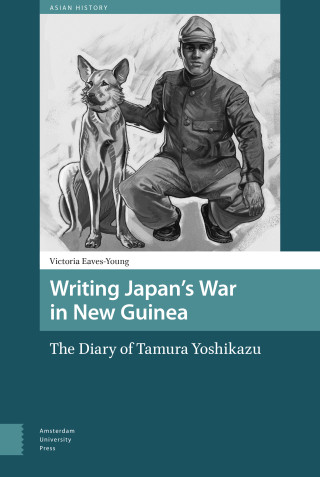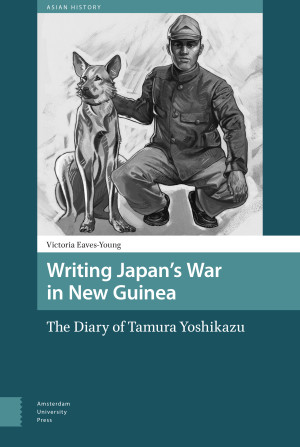Tamura Yoshikazu is destined to die on the alien shores of the New Guinea warzone. Devoid of family contact, perplexed by the unfamiliarity of his environment, deprived of even meagre amenities and faced with the spectre of debilitating illness and starvation, this solitary soldier commenced a diary in the early part of 1943. Employed in the hard labour of building airstrips, he is ground down by tedium, disheartened by the now dysfunctional military hierarchy, consumed by grief at the meaningless deaths of comrades, and stripped of any chance of being involved in an aspect of war that he considers heroic and meaningful. Profoundly unsettled by all that appears to be at odds with the kokutai ideology, Tamura employs strategies through the vehicle of his diary to enable him to remain committed to the pathway of death on behalf of the Emperor.

